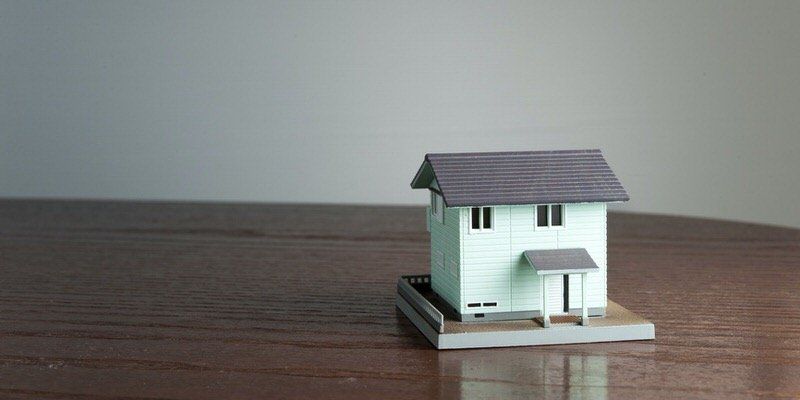5 Reasons Why You Should Consider Investing in a Small(er) Home
The larger home is not always the better home. Yes, there still exists a large group of individuals who enjoy owning a grand estate, complete with all the modern conveniences, in addition to everything you could ever want; and of course, there’s nothing inherently wrong with this. But for an increasing segment of society, downsizing is the new “in”; the new “chique” if you will. These folks have talked the talk and walked the walk; and at some point they decided it was time for a change.
These homestead rebels are bucking the trend while showing the rest of us the “pros” of living a simplified life, house included. The following are 5 reasons why downsizing might just actually be upsizing:
Less Pressure on the Pocketbook
Not surprisingly: The purchase price of a small house is less than that of a large house (within a similar area, of course). Now, I know that this fact isn’t news to anyone, but it still bears repeating. Why you ask? Because a large portion of society seems to be constantly on the edge of financial trouble; constantly working to fend off the bank and pay all the bills on time. This lifestyle is not only stressful, it’s exhausting.
The solution? If possible, scale down.
Additionally, a small house is less expensive when it comes to the cost of living. Think about it: to heat a 2000 square foot home requires a certain amount of dollars. Additionally, the larger rooms will demand more of your hard earned money when it comes time to upgrade. Need new windows? New doors? New kitchen cabinets? All of these things will cost you more (based on volume alone) than a house which is even marginally smaller.
Less Maintenance
In car sales, the base model is always the economically prudent choice. Of course, the luxury model contains a host of upgrades. But, these upgrades inevitably break and require fixing, while the base model continues on, uninhibited by such things. The base model is solid. When it comes to pure performance, it does everything that the luxury model can do, and it’s very much the more affordable option. So, which model do you choose? If you’re like a growing number of Canadians, those who want to see their dollar go further, you choose the base model.
Similarly, a small home may not have all the “bells and whistles” of a large home, but the baseline performance should be there, along with fewer maintenance costs, fewer breakdowns, and fewer headaches.
Smaller (Environmental) Footprint
The simple fact remains: smaller homes are more environmentally friendly than larger homes. This makes practical sense on every level. When we learn to live with less, we end up using less, we end up wasting less, and we end up polluting less. Additionally, if there are less square footage to heat, then we use less power. If there are fewer rooms to illuminate, we use fewer bulbs, and if there are fewer washroom tubs to fill and toilets to flush, we use less water.
All of this leads to a smaller environmental footprint, which is a pretty big deal.
Encourages Minimalism
Small(er) living spaces force us to think about that which is important to us. Do we need all of this stuff? Can we do without the clutter? I think we absolutely can, but only when we’re faced with these types of situations are we confronted with these (potentially) freeing thoughts. The reality of a small living space encourages a healthy sort of purge; the sort of purge where, at its peak, you realize that you own your things; that your things don’t own you.
Easier to Sell (Price Point)
Finally, the truth remains, a well maintained affordable house is a desirable house. Plain and simple.
Questions about home ownership? Wondering about the process of applying for a mortgage? Need direction? Contact me , and let me walk you through your options. You won’t be disappointed.
RECENT POSTS









